Udacity shines as a beacon of modern learning in the vast expanse of online education platforms. Boasting an extensive range of courses, interactive experiences, and industry collaborations, it has captivated the attention of knowledge seekers worldwide. This all-encompassing review aims to navigate the depths of Udacity’s offerings, from its diverse course selection to the immersive learning experience, mentorship opportunities, and its overall effectiveness in preparing learners for the ever-evolving professional landscape.
Who is Udacity For?
Udacity caters to a broad spectrum of learners, each with unique goals and aspirations:

- Career Changers: Individuals looking to switch industries or careers find Udacity’s Nanodegree programs invaluable. The practical projects and industry-aligned curriculum empower them with the skills needed to transition successfully.
- Professionals Seeking Upskilling: Those already employed can enhance their skillset through Udacity’s courses, staying relevant in their fields as technologies evolve.
- Entrepreneurs and Innovators: Aspiring entrepreneurs benefit from Udacity’s comprehensive courses, which provide insights into startup strategies, business development, and product management.
- Students and Graduates: University or recent graduates can supplement their academic education with practical skills and industry connections, making them more competitive in the job market.
- Lifelong Learners: Udacity welcomes individuals seeking personal growth and lifelong learning. The platform provides diverse courses that cater to the curious and those looking to expand their horizons.

Pros and Cons of Udacity
Pros:
- Industry-Aligned Curriculum: Udacity’s collaborations with prominent companies ensure its courses are directly relevant to current industry demands.
- Hands-On Learning: The emphasis on practical projects and real-world applications prepares learners with skills they can immediately use in their careers.
- Flexible Learning: Udacity’s self-paced structure accommodates busy schedules and allows learners to study conveniently.
- Community Engagement: Discussion forums and peer interactions foster community, enabling learners to collaborate, share insights, and seek assistance.
- Nanodegree Programs: The Nanodegree programs offer a comprehensive educational journey with mentorship and certifications that can bolster job prospects.
Cons
- Higher Costs: Some learners might find Udacity’s pricing relatively higher than other online platforms, especially for complete Nanodegree programs.
- Lack of Depth: While practical projects are valuable, some courses may need more in-depth exploration of complex subjects, leaving advanced learners wanting more.
- Self-Paced Learning Challenges: The flexibility of self-paced learning might only suit some, as some individuals require a more structured environment to stay motivated.
- Limited Academic Focus: Udacity’s primary focus is on practical skills rather than academic depth, which might be better for those seeking a comprehensive theoretical understanding.
- Varied Course Quality: While many courses are of high quality, the consistency across the entire catalog may vary, requiring learners to research course reviews before enrolling
Diverse Course Selection: A Gateway to Possibilities
Udacity’s course library resembles a virtual smorgasbord of knowledge, catering to various interests and aspirations. The platform spans subjects ranging from cutting-edge technologies like artificial intelligence and machine learning to foundational business, data science, and creative arts topics. Moreover, its partnerships with industry giants like Google, IBM, and Amazon enhance the credibility of its courses and ensure that the curriculum remains current and aligned with real-world demands.
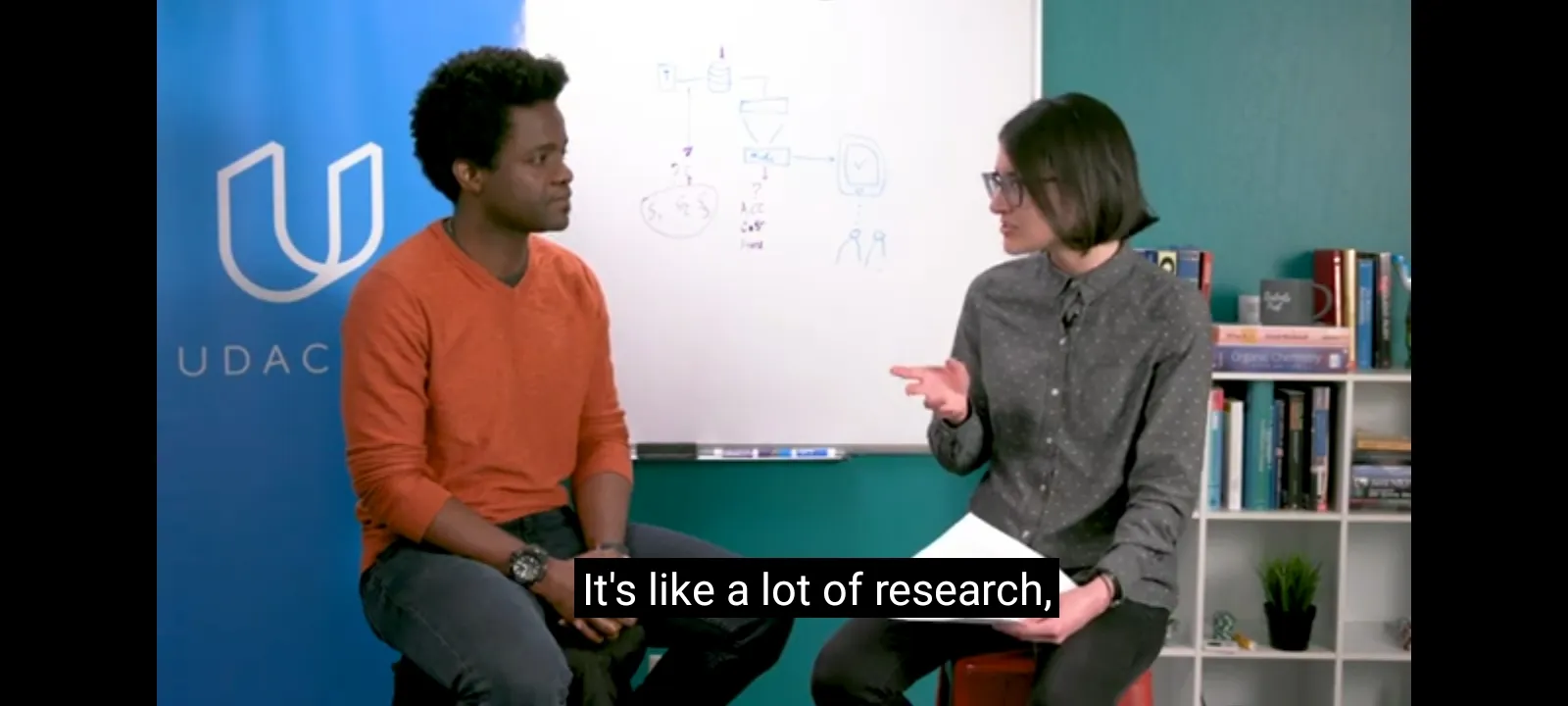
One standout feature that sets Udacity apart is its Nanodegree programs. These comprehensive educational journeys provide a structured pathway, weaving various courses into a cohesive learning experience. Accompanied by hands-on projects and practical applications, these Nanodegree programs offer students a tangible way to develop skills directly applicable in the workplace, making the learning process not just theoretical but impactful.
Immersive Learning ExperienceWhich Is Beyond the Traditional
Udacity redefines the online learning experience by focusing on interactivity and engagement. The bite-sized video lectures maintain learner attention, while quizzes and assessments help solidify newly acquired knowledge. The standout feature is the inclusion of practical projects that mirror real-world scenarios. This hands-on approach bridges the gap between theory and practice, fostering a deeper understanding of complex concepts and enhancing learning.

The self-paced learning structure is another commendable aspect, enabling individuals with busy schedules to customize their learning experience. However, this flexibility might pose challenges for those who thrive on structured deadlines and the accountability they bring.
Effectiveness In Education Aligned with Industry Relevance
Udacity’s success lies in its ability to connect education with industry needs. Through collaborations with leading companies, the platform ensures its course content is up-to-date and directly applicable to the professional realm. This alignment enables students to gain practical skills that resonate with current job market requirements, potentially giving them a competitive edge in their careers.
While Udacity excels in this regard, some courses may fail to delve into intricate topics. In-depth exploration of complex subjects could add depth to the learning experience and cater to advanced learners seeking a more profound understanding.
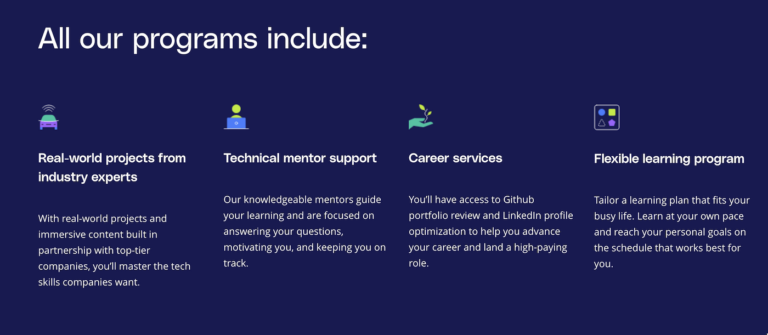
Student Support and Community Engagement
Udacity’s emphasis on community and peer interaction creates an enriching learning environment. Discussion forums and interactive platforms facilitate connections among learners, allowing them to share insights, seek clarifications, and collaborate on projects. This sense of community adds a social aspect to online learning, making it more dynamic and engaging.
For those enrolled in Nanodegree programs, access to mentorship and personalized feedback adds a layer of support. Mentor interactions clarify doubts and guide career paths and skill development, enhancing the overall value of the learning experience.
How Does It Ensure Value Proposition?
Udacity’s pricing model might appear higher compared to some other online platforms. However, the investment yields substantial returns in terms of quality education, industry partnerships, and hands-on experience. The Nanodegree programs stand as a testament to this value proposition, offering a comprehensive learning journey complete with a certification that can hold weight in the job market.
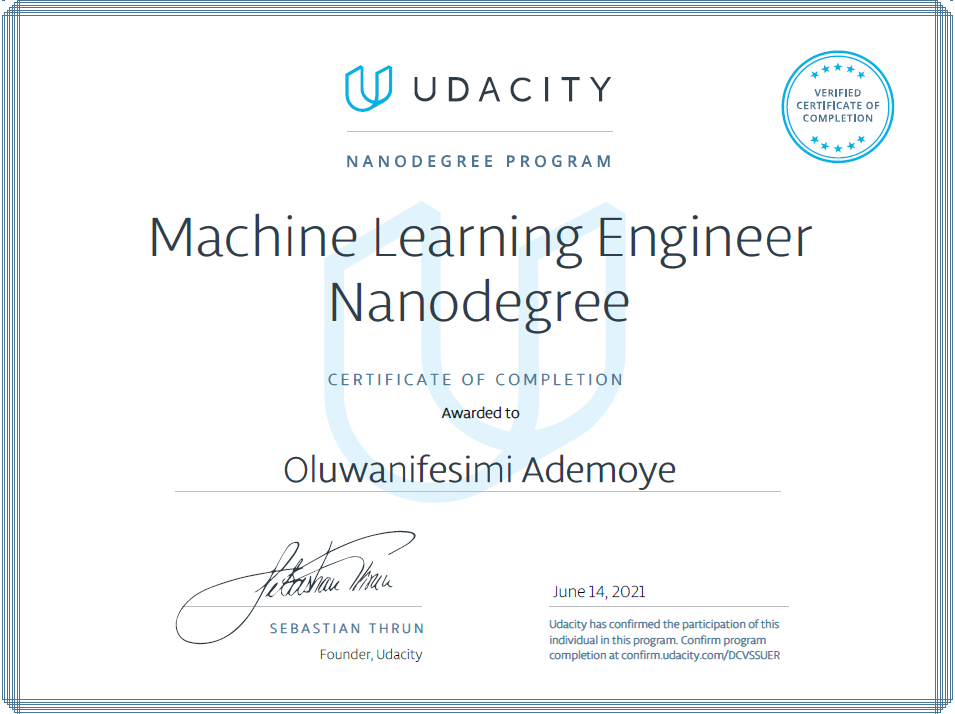
For prospective students, assessing the value proposition holistically is essential. It’s not just about the cost but also about the knowledge gained, skills acquired, and potential career opportunities that Udacity can unlock.
Conclusion
Udacity has earned its place among the stars of online education platforms through its commitment to bridging theory and practice. Its diverse course offerings, interactive learning approach, industry collaborations, and supportive community structure create a holistic learning environment. While some areas could be further refined, such as providing deeper dives into complex subjects, the overall value proposition of Udacity remains robust. As technology advances and industries transform, Udacity remains a steadfast companion for those seeking to expand their horizons and thrive in the ever-evolving landscape of knowledge and skills.

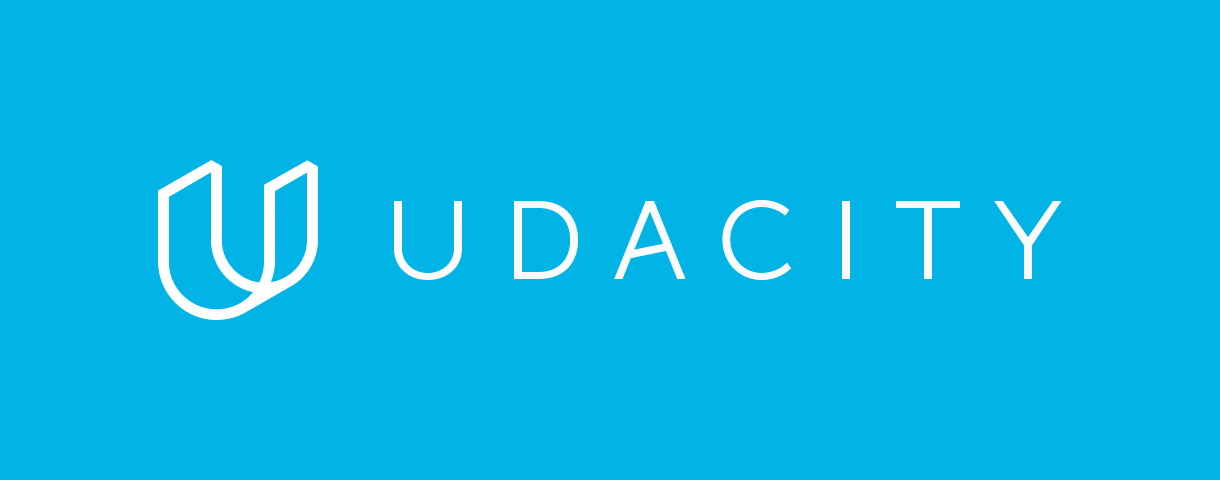
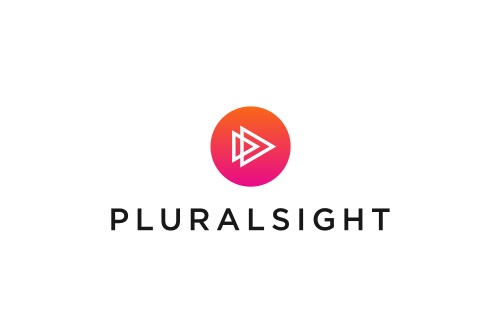

Leave a Comment